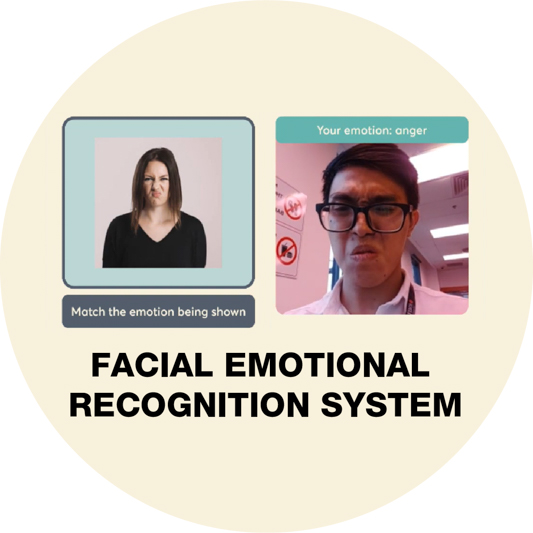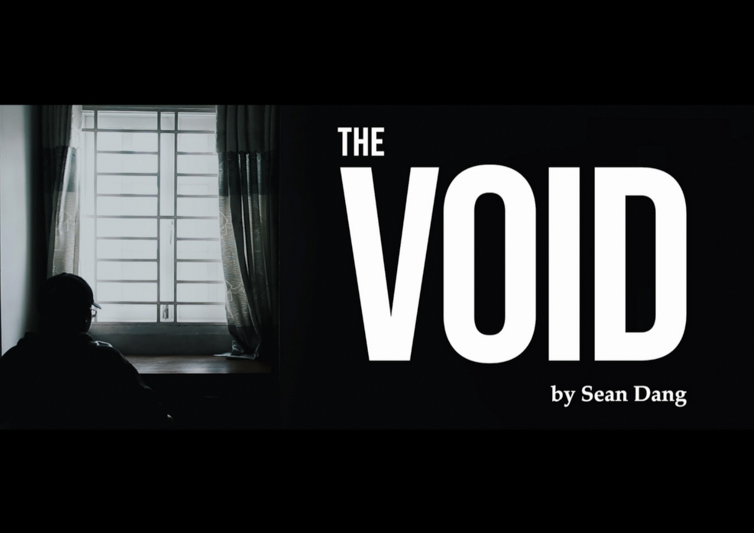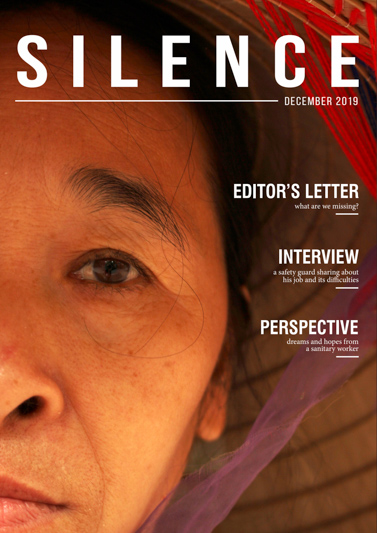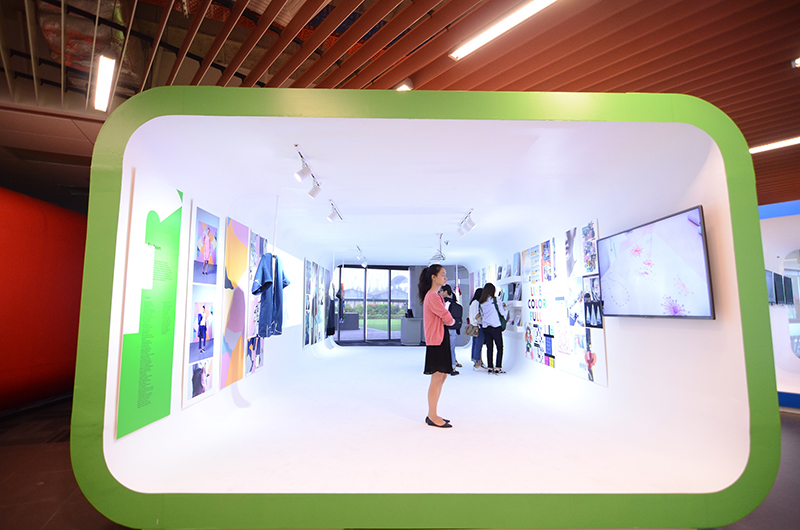RMIT students make an impact in 2020
RMIT University strives to make impactful contributions to Vietnam, especially through the work and lives of the young people the University helps to shape.
RMIT Vietnam student creativity on display at bigger! exhibition
RMIT Vietnam’s annual creative showcase bigger! was launched at the University’s Saigon South campus in mid-November and will be held at Hanoi campus from 20-26 November, displaying student works from the School of Communication & Design.
National Unilever Future Leader's League champions announced
After defeating more than 650 other teams in Vietnam, a group of RMIT University students will compete in the Global Unilever Future Leaders’ League (UFLL) next year, following the national competition win.
COVID-19 delivers a silver lining for RMIT students and teachers
Less than two weeks into RMIT University’s second semester, the repercussions of COVID-19 are still being felt – but in an extraordinarily positive way.







